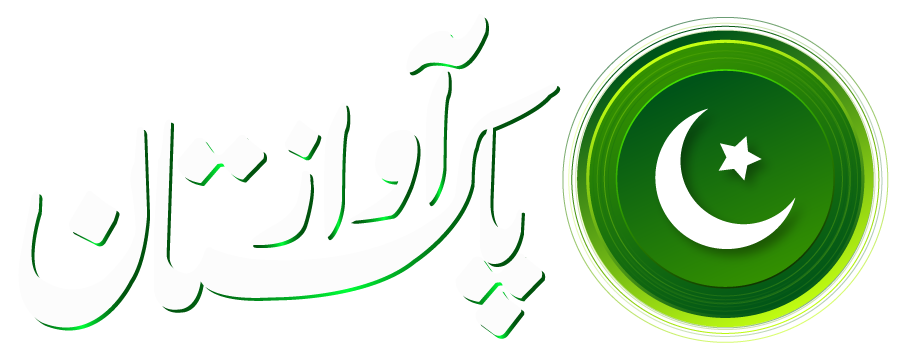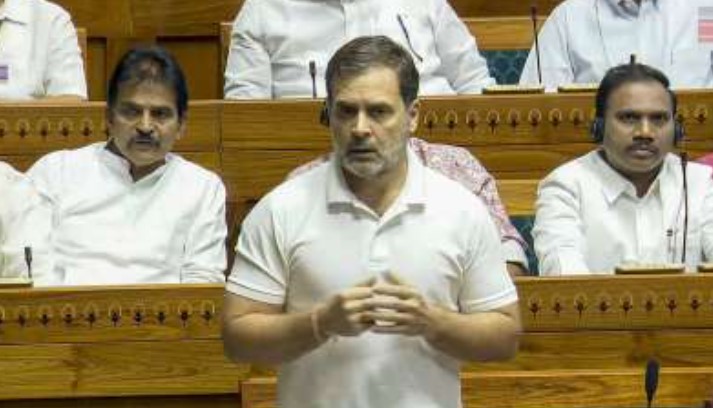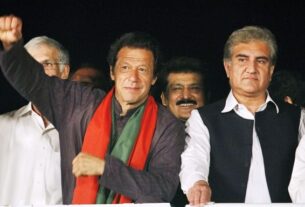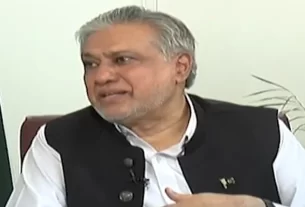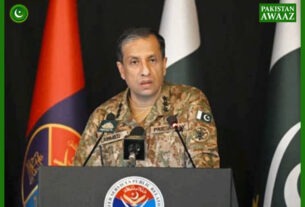1. Rahul Gandhi: An Act of Respect.
Reciting Darood Sharif is not for no more than having a particular style, it stands among the numerous depictions of Rahul Gandhi’s respect for the Muslim community and recognition is shared by but different when religions. At a time when politicians often walk a tightrope between pleasing their constituents and maintaining a secular image, under such circumstances Gandhi’s decision to recite a prayer so deeply rooted in Islam is nothing short of an example (or outstanding model) peace unity.
The Darood Sharif (Salawat) is an Islamic prayer in which Muslims ask God to bestow blessings on the Prophet Muhammad (PBUH). Reciting Darood isessentialtoIslamic worship, an expression of deep love for and reverence towards the Prophet. Gandhi’s public recitation of this prayer sends a strong message about the importance of mutual respect and understanding between different religions.
At a time when violent rows between different groups of people are never far from the headlines, things like this remind us all that there are threads connecting mankind which are common to everyone. He has recited the Darood of Sharif recently. Maybe that speech will help promote greater trust among various religious communities. And indeed amoment unity.
2.The Very Significance of Darood Sharif’s Recitation
Every exitence of the Darood Sharif—a sacred invocation in Islam—is themethod which has been adopted throughout the ages for bestowing blessings upon the Prophet Muhammad (PBUH) by Muslims. It is imbued with tremendous religious significance ans thus forms an integral part of a practitioner’s regular religious activities and practics. Reciting Darood is seen as a way to show deep love and respect for the Prophet, recognizing his role as a guide Messenger of Allah.
3.Why Ghandi’s Action is Important
Rahul Gandhi’s decision to special mention Darood Sharif publically is remarkable for several reasons. First, it emphasizes his willingness to participate in and respect the traditions of a religious community that is not his own. This act can also be considered a gesture of bridge-building, encouraging people from different religious faiths to respect and understand one another. In India, with its huge religious diversity and some frictions between the different religions, this type of conduct is indispensable to create social harmony.
Moreover, this action may be regarded as a response to the joining of some political and social channels exacerbated polarization. By saying Darood Sharif, Gandhi pay aspect to Islamic tradition but at the same time subtly indicate the necessity of all-inclusive and polite discussion in politics as well.
4.A Brief History of Darood Sharif
If one is to gain a complete picture of the significance of Rahul Gandhi’s recitation of Darood Sharif, then it is important to look at its historical and religious context. The Darood, also known as Salawat, can be traced back to the Koran, where Muslims are told to ask a blessing on the Prophet Muhammad (PBUH). The most widely known version of Darood Sharif is known as Darood Ibrahim, which forms a part of the daily prayers for Muslims everywhere everywhere. It is an ancient tradition of saying Darood, originating from centuries ago, and an act devotion. They say that the person who often says Darood will receive great blessings and on the Day of Judgment be able to intercede with the Prophet. Thus, Darood is of great importance in the spiritual lives of Muslims.
5.The Spiritual Impact of Reciting Darood
Darood Sharif is itself not only a way to seek blessings but another means of coming close spiritually to the Prophet Muhammad (PBUH). It is an Islamic practice deeply embedded in the spirituality of the faith. For Muslims, the recital of Darood provides a source of comfort, a way to stay in touch with their faith, and a means of expressing love or gratitude for the Prophet’s teachings.
When public figures like Rahul Gandhi recite Darood Sharif, this resonates with the spiritual significance that Muslims attach to this prayer. It sends out a powerful message about respect for religious practices and shared values which can bring people together, no matter what faith they belong to.
6.The Role of Religious Tolerance in Modern Society
Religious tolerance is the basis of a peaceful and harmonious society. In a world where religious conflicts have often been the cause of division and strife, appreciation and respect for different faiths becomes increasingly important.
As far as the content is concerned, political leaders are essential in shaping the attitudes of the public toward religious diversity. Suppose one leader engages with the religious traditions of different communities. That seriousness sets a precedent others have to follow. By reciting Darood Sharif, Gandhi is not only showing respect for Islam but also forcing people to think more broadly about the place of religion in public life.
Interfaith dialogue is indispensable for meeting the challenges presented by religious intolerance. It enables persons of different faiths to gather and talk, as well as find common ground on which they can stand together. This kind of dialogue is particularly necessary in a multicultural society such as ours. Understanding and respecting differences can help prevent conflict from breaking out and lead to a more harmonious society.
7.Significance of Symbols in Religious Harmony:
Symbols and gestures are a significant conveyance of peace and unity. Joseph then recited Darood Sharif is an act that speaks volumes about the need for religious harmony. Words of such nature can have a powerful impact and respond at a deep level among those who hear them.
8. Symbols That Unite People:
Symbols like the recitation of Darood Sharif help create a sense of shared values and reciprocal respect. They remind us that despite our differences, there are certain basic on which we all stand. In a country such as India where religious diversity is a defining feature, these symbols are essential for maintaining social harmony and cohesion.
By publicly reciting prayers from different religions, Gandhi is making a statement about the kind of society we should strive to achieve.. Nowadays, everyone is discussing what to do with our diversity.
9. Response to Gandhi’s recitation of Darood Sharif
Rahul Gandhi’s Darood Sharif recitation touched a nerve with a long list of people. There are many admirers who say that it reveals a basic sincerity; he is striving for diversity and mutual respect in religion but without reservation. It is a step forward in some cases towards narrowing the gap between different religions and it also marks a general trend of politics which must be open to all kinds of people.
10. Public Reaction and Media Coverage
The media, which is still under Gandhi scutiny for the recitation, has widely praised his performance in Darood Sharif. Many analysts have stressed the importance of such gestures in today’s divided world. Social media too has generated no small amount of discussion circles around criticising or supporting Gandhi.
Still, as anyone would expect in a public gesture involving religion, there have been some critics. Some, while questioning the sincerity of this gesture, pose questions of why he would even make such a thing at all. Others imply that such gestures are really means by which one can get political results. But in general the reaction has been warm, even enthusiastic; there are many who see in today’s India a potential period of heightened religious tolerance of various kinds.
11. The Wider Social Implications for India That Darood Sharif Points Toward
Rahul Gandhi’s calling of Darood Sharif is not a one-time incident; it has further implications for Indian society. It shows that in a country where religious diversity is our greatest strength and also toughest problem, we must work harder for greater religious toleration alike.
12. Education is important to promote religious harmony.
Teaching children about the different religions and their practices nurtures respect for. In this way education becomes an effective and pragmatic force for seeking mutual respect among communities Education can also play the role of dispelling superstitions about different religions. If so, we can rid ourselves of the barriers created by fear and suspicion family education for information and counseling.
13. Towards One Conclusion Bringing Them Together
Rahul Gandhi’s recitation of Darood Sharif reminds us how important unity is in a diverse society, which shows just how hard this fact must be for some people to understand. It also illustrates the need for inter-faith dialogue and what symbols can do in promoting religious harmony. In a world often divided, such gestures are reminders that we are all human.
یہ بھی پڑھیں: Rahul Gandhi’s Pledging to be the Voice of Indian
